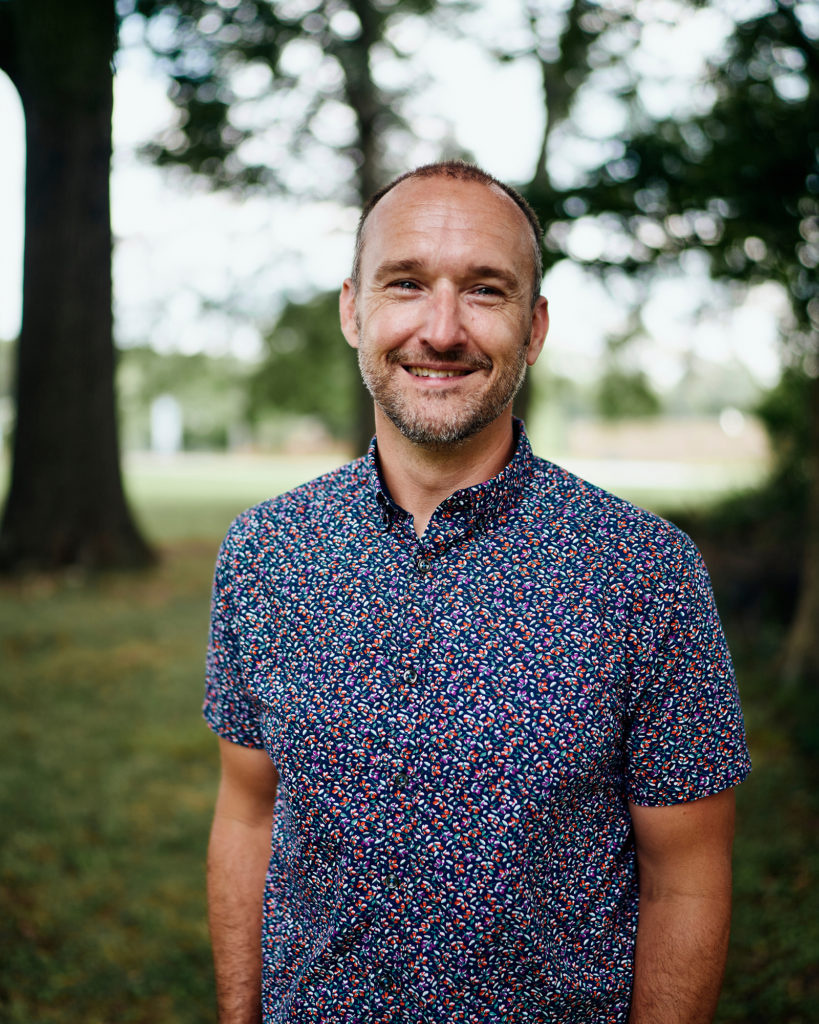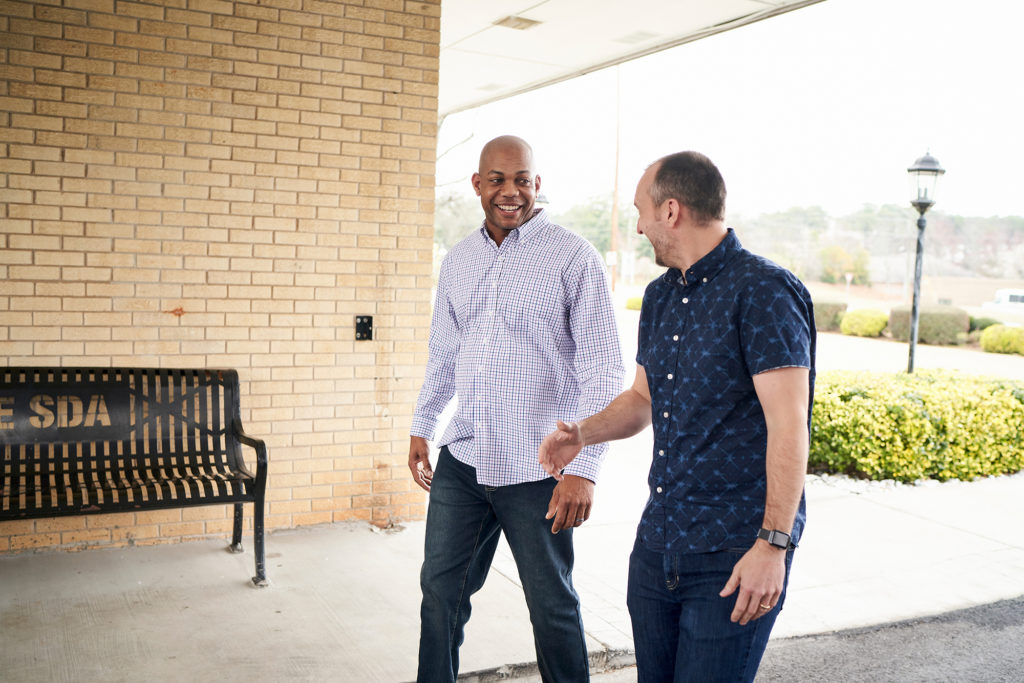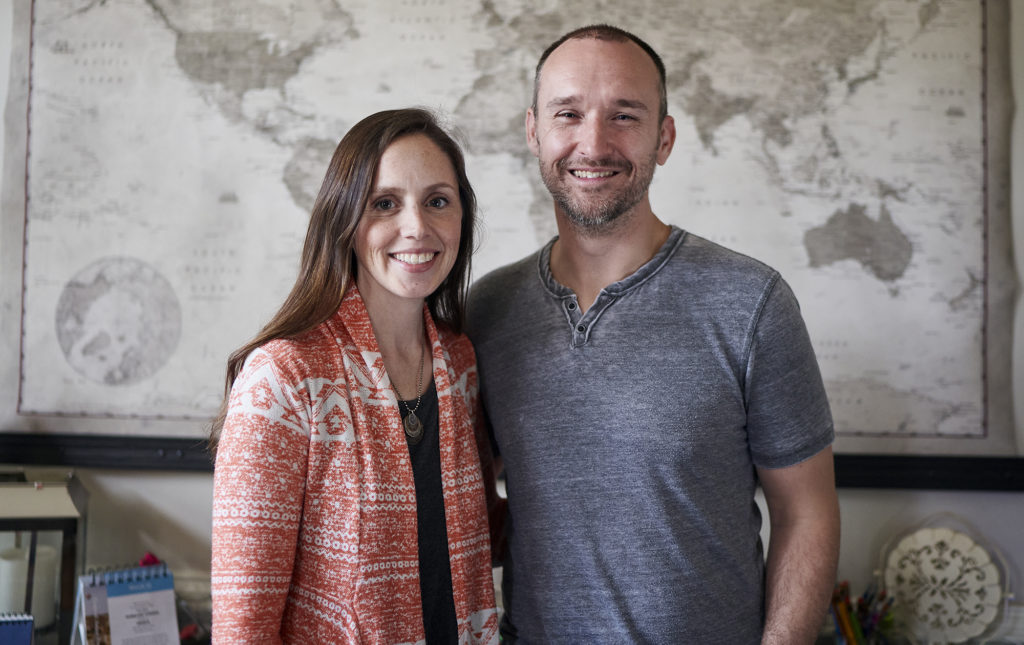 [1]
[1]Editor’s Note: This year’s Week of Prayer for North American Missions is March 7-14 and is focused on the theme: The Mission Moves Forward (“Therefore, my dear brothers and sisters, be steadfast, immovable, always excelling in the Lord’s work, because you know that your labor in the Lord is not in vain.” )1 Corinthians 15:58). The emphasis spotlights the spiritual needs and ministry taking place on the North American mission field leading up to the annual Annie Armstrong Easter Offering (AAEO) for North American Missions. All gifts given to the offering go to support and resource missionaries on the field. The AAEO provides half of the annual funding for the North American Mission Board. Gifts to the Annie offering can be given through local Southern Baptist churches or online at give.anniearmstrong.com. This year’s goal is $70 million.
ATLANTA (BP) – Ryan McCammack’s 17-year-old son is “a great kid,” but every day, Ryan is very aware that his son needs guidance – the loving guidance of a father. It’s hard for him to imagine just removing himself from that picture.
But that’s the story of many of the kids in his community. About 60 percent of the homes in DeKalb County, Ga., don’t have dads in them. The county consistently ranks in the top two in the state for abortions. It struggles with racial and socioeconomic tensions. There’s a large Black and white population, a rapidly growing Latino community and a close geographic proximity to a large group of refugees from all over the world.
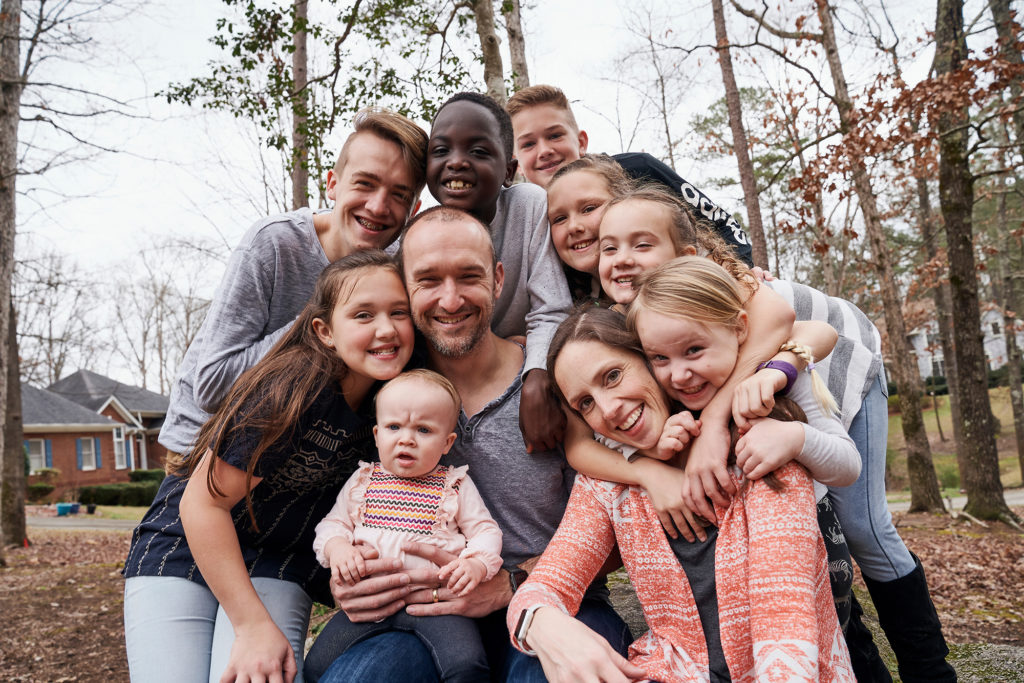 [2]
[2]When Ryan, his wife Tricia and their eight children moved to the Atlanta area to plant Gospel Hope Church, they wanted the congregation to reflect the multicultural community around it. To do that, Ryan, a white pastor, partnered with Rod Dewberry, a Black pastor who became Gospel Hope’s executive pastor.
Ryan took on the challenge of learning east Atlanta like an international missionary learns a completely new culture and language.
“If we’re going to actually have truly multicultural or multiethnic churches, then we have to be committed to raising our racial IQ,” he said.
As a result of that investment, what’s developed over the past few years is a church that’s about 50 percent African American, 40 percent white and 10 percent international. But diversity isn’t the goal, Ryan said – the Gospel is.
He says the point is to “be about making disciples and be a church that loves all kinds of people, and let God bring all kinds of people.”
When people get the gospel, it changes them, and it brings racial reconciliation, Ryan said.
That doesn’t mean the cultures all assimilate into one kind of worship; it means they worship together in an array of ways that represent the body of Christ as a whole. They love each other well, then they work together to proclaim the Gospel to and serve their communities.
One way they’re doing that is by working to flip the script for the fatherless in DeKalb County through investing in foster care ministry, crisis pregnancy centers and ministries that fight human trafficking.
Adapting and adjusting in ministry
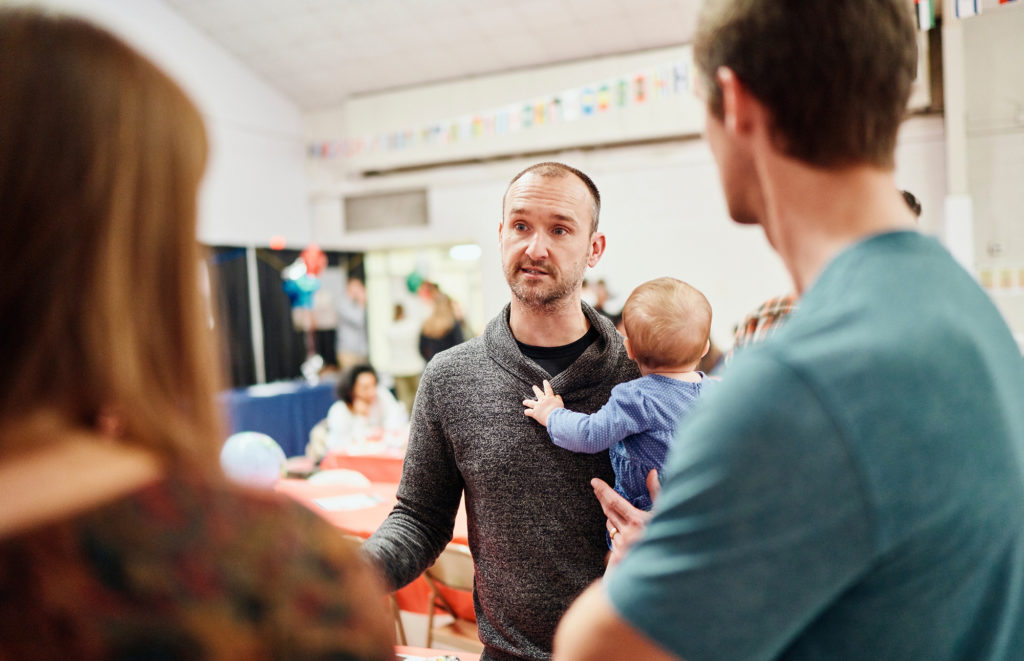 [4]
[4]As COVID-19 spread and racial issues also came to the forefront in the nation, the church addressed them both. They rolled out their Mercy Fund to help people in the community who were struggling as a result of the pandemic. And Ryan and Rod prepared and preached a sermon series together called “Reconciled” from the New Testament book of Philemon.
“It didn’t feel weird for us to lean into some of these tensions at all,” Ryan said, explaining that because of the way the church had addressed the topics of unity and diversity in the past, it wasn’t a stretch for them to address them with truth and grace when things got more difficult.
“If you make it a habit of speaking to the issues your people are facing, when big things do come up, you have that relationship capital in the bank,” he said. “We also offered an online course called ‘Better Together’ that emphasized the importance of community in this divisive season. This was our philosophy even before the pandemic, and it’s only continuing now.”
And in that unified environment, God has worked. A man named Abraham* who came to Gospel Hope had been to church but didn’t have a deep grasp of the Gospel. It wasn’t long after getting involved that he wanted to be baptized and follow Christ fully.
“Now, Abraham leads one of our ministry teams and feels led toward pastoral ministry,” Ryan said. “He is currently pursuing a degree in biblical studies and plans to do a ministry apprenticeship with us in the near future.”
Loving the community beyond
The church is also seeing others come to faith and experience a growing desire to take that hope to others. They’ve already sent out one missionary, and others are planning to leave soon to help plant churches in other countries.
It’s all part of what Ryan says is God’s mission for their church, to be a church for the nations.
“Essentially, we want to say to people, no matter what your starting point, through Jesus, you can be reconciled to God vertically. And also, no matter what your starting point, you can be reconciled horizontally to people who are radically different from you,” Ryan said. “Look around. This is a church for sinners who need a Savior, not a particular type of person. We may not vote the same or look the same, but as we pursue the mission of Christ together, we build unity.”
The Annie Armstrong Easter Offering provides half of NAMB’s annual budget, and 100 percent of the proceeds go to serve missionaries in the field. The offering is used on the field for training, support and care for missionaries like the McCammacks and for evangelism resources.
*Name changed

